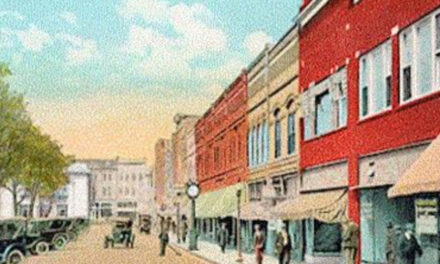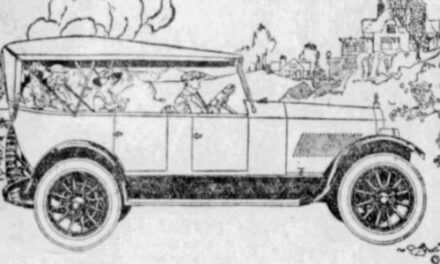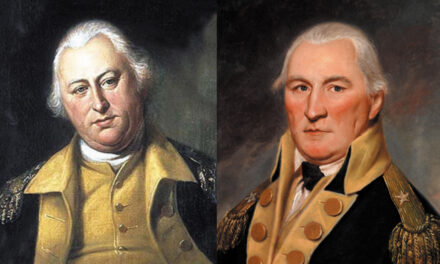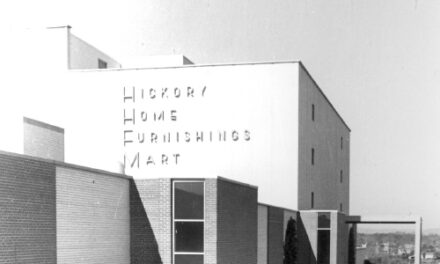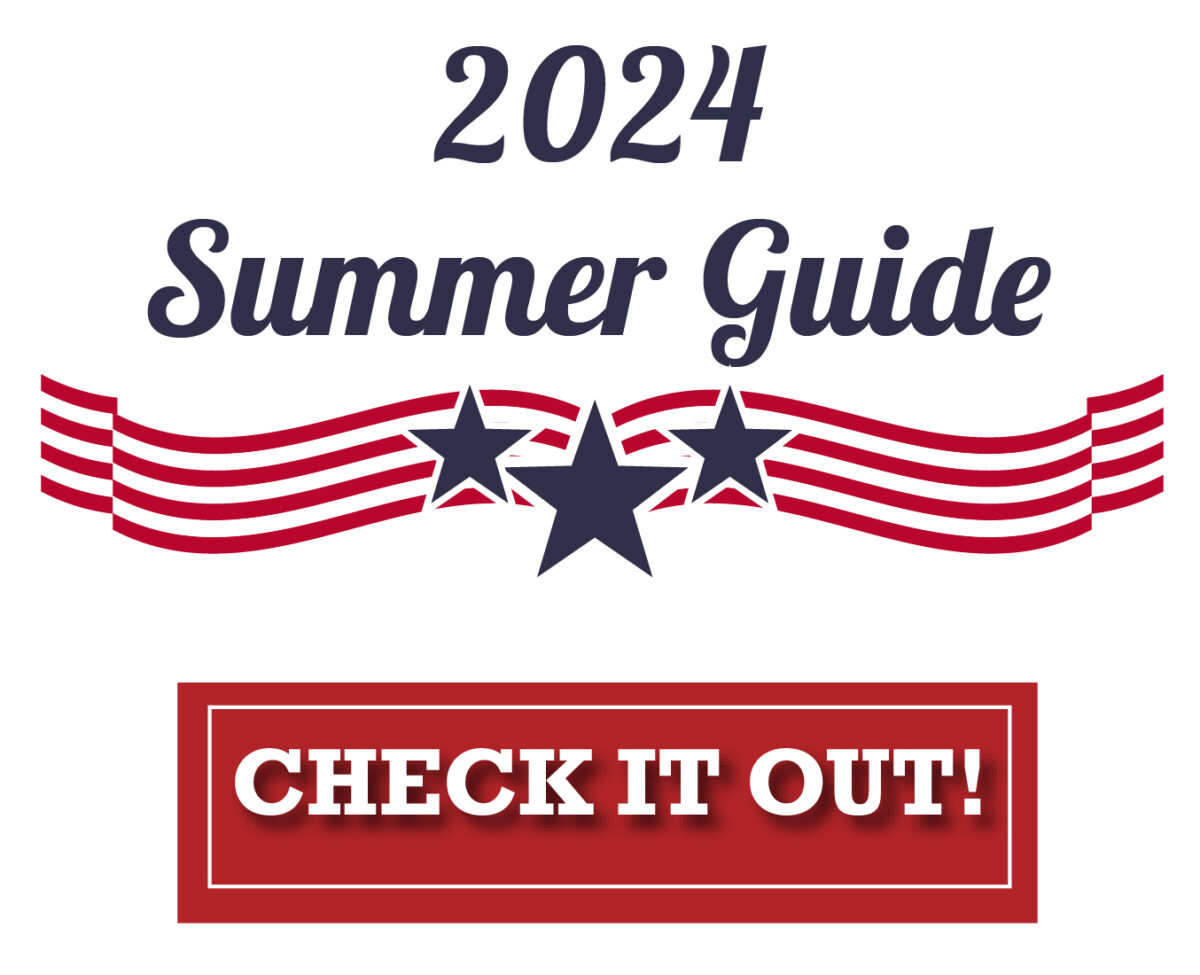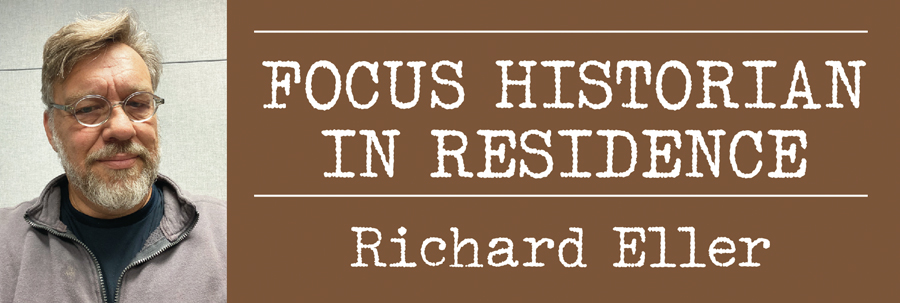
Last week, we started down the crooked road of Hickory’s love/hate relationship with alcoholic beverages. After a statewide referendum of banning spiritous liquor failed in 1881 and a vote by the Board of Aldermen in 1889 changed in mid-session to keep the barrooms open, advocates of temperance, redoubled their efforts to remove strong drink from the lips of Hickory citizens.
The battle was like bailing water in a sinking boat. Next town over, they voted out alcohol. However, one observer was quoted as saying, “for a dry town we think Morganton is rather – wet!,” his way of saying that no matter what the official status, thirsty folks could get a drink of their choice in the Burke County seat.
In 1891, “a Waterloo” occurred when dry citizens mustered up the necessary ballots to get liquor voted out with reliable candidates. Most agreed that while other matters were considered, “this was the main issue and the election was fought on this ground alone.” One headline declared, “Dry Town! Rejoice with Us.”
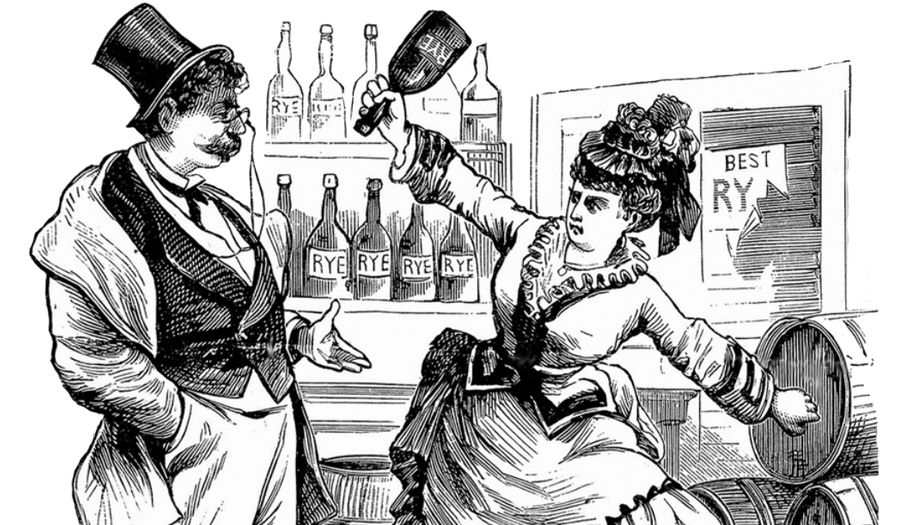
Photo: A 19th century editorial cartoon, showing the conflict among the wets and drys.
Not everyone did. Like Morganton, intoxicating beverages were still available. Secret saloons popped up by a variety of names. Some called them speakeasies, but a little known variation of the time was a “Blind Tiger.” As one customer explained, the name was bold, so “as not to discredit the monarch of the jungle.” The illegal bar was generally located upstairs in a house in a quiet neighborhood, he instructed. A patron walked into a room with a cylinder that rotated. After dropping some coins into the wall, the metal shield rotated to produce a glass of alcohol, keeping necessary distance between buyer and seller, just in case law enforcement might be interested.
For the rest of the 19th century, the question of drinking intoxicating spirits remained active locally. The election season of 1893 brought about a particularly rancorous contest with Hickory Press editor Marcellus Thornton saying, “we hope never to see such another election.” He felt the back-and-forth convulsions of deciding the town was dry one year, wet the next did the city no good. But that’s the way it continued until the General Assembly whittled away at open bars with early 20th century laws until another state referendum voted out drink in 1908, making North Carolina one of the first in the South to ban hooch.
The 18th Amendment to the United States Constitution in 1919 carried the question to the national level and for 12 years, no one could legally get a drink, though we know they anyone who wanted one still did. It took the 21st Amendment to repeal the 18th and the long experiment was technically over. Meanwhile, lawbreaking reached new heights as folks who just wanted to indulge, perhaps overly so, found extralegal ways to imbibe.
Now with Hickory having one of the first social districts in NC where a drink can be carried about outside without fear of arrest, the issue has come full circle. In the interim, a lot of wailing has gone on to decide the value of a drink.

